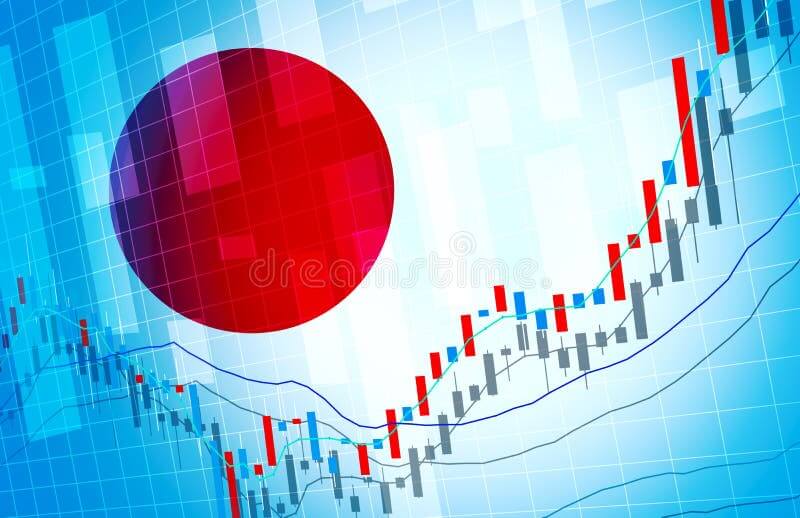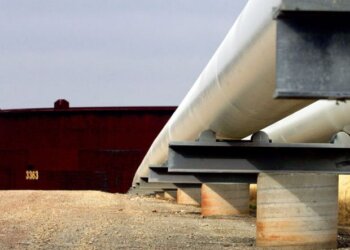The first quarter of the year saw Japan’s economy decline by 0.7% annually because of export weakness and rising U.S. trade policy uncertainties.
The first quarterly decline in twelve months emerged from government data which revealed a 0.2% decrease between January and March. The main drag came from exports, which fell by 2.3% on an annual basis. Capital investment experienced a significant 5.8% increase but consumer spending remained stable.
The trade war initiated by former President Donald Trump continues to impact Japan’s economy through its implementation of high tariffs on imported goods including Japanese products. The tariffs imposed by the United States have created dual challenges for Japan because they affect both domestic manufacturing operations and Japanese products produced abroad in Mexico and Canada.
S&P Global Ratings stated that regional automakers face significant risk due to their exposure. The report stated that rising operational expenses together with supply chain disruptions would decrease revenue even for businesses that operate mainly outside U.S. markets.
Japanese firms together with government officials face difficulties in planning because of the unpredictable nature of U.S. trade policy. Major exporters from Japan face an unpredictable global market because of changing U.S. trade policies and shifting tariff regulations.
The recent economic contraction in Japan has caused concern about long-term growth stability because of external market pressures. The economic stagnation in Japan may continue to worsen because of ongoing trade dispute escalation according to economic analysts.










